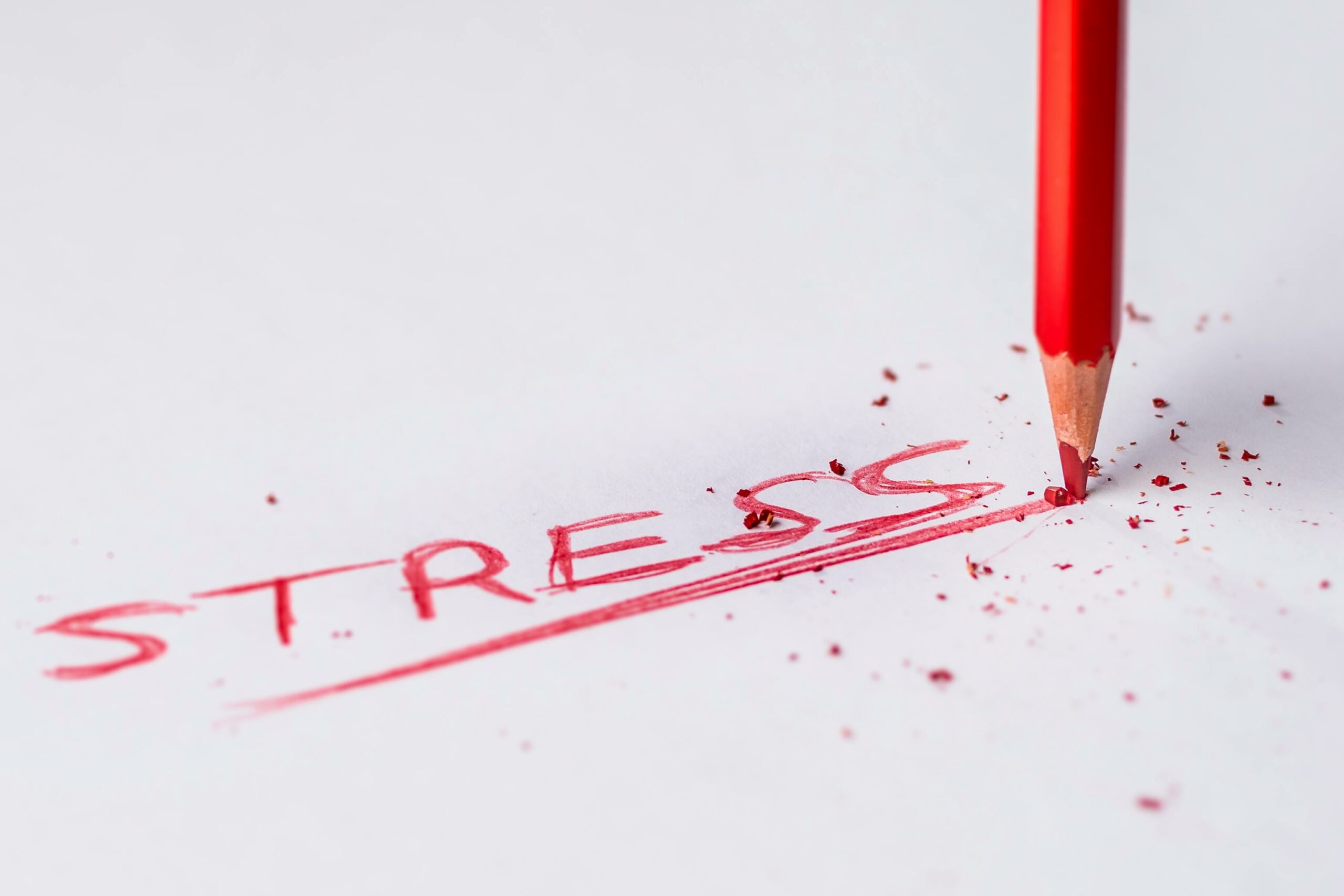Brain Awareness Week!
Category: Brain Health

This week we are celebrating “Brain Awareness Week” ~ Every March, BAW unites the efforts of partner organizations worldwide in a celebration of the brain for people of all ages. Activities are limited only by the organizers’ imaginations and include open days at neuroscience labs; exhibitions about the brain; lectures on brain-related topics; social media campaigns; displays at libraries and community centers; classroom workshops; and more. Go here to learn more about this worthwhile endeavor. Meanwhile, here are some tips on how to build a better brain.
1. Do you exercise? If not, begin! It helps to improve blood flow to the brain and encourages the growth of new brain cells. Two big risk factors associated with poor brain health are heart disease and diabetes ~ even a brief 20 minute walk each day helps to reduce the risk of those dreaded diseases.
2. How is your diet? According to Dr.Jamie McManus, an acclaimed author and board certified physician, there was a recent Harvard University study that suggested that eating five daily servings of fruits and vegetables might lower your stroke risk by as much as 30%! Besides that nutritious diet, Dr. Perlmutter recommends certain supplements that are essential for brain health which include Acetyl-L-carnitine, Alpha lipoic acid, Vitamin B complex, Vitamin C, Coenzyme Q10, Vitamin D, DHA, Vitamin E, Folic Acid, Ginko Biloba, N-acetyl-cysteine, Phosphatidylserine, and Vinpocetine. All these can be found by clicking on search on this site.
3. Do you take common prescriptions and over-the-counter drugs? If so, according to Dr. Perlmutter, in his book, The Better Brain Book, they can be hazardous to your brain. Any drugs, from stomach acid suppressors to antidepressants, to birth control pills, to cholesterol-lowering medicines, to pain relievers ~ can deplete your brain of life-saving nutrients that prevent against free radical damage and can contain ingredients that can promote inflammation. He highly recommends taking Co-Q10 as this is generally what is depleted due to these drugs which creates more free radical damage to your brain, less energy for the brain to do its work, more tired, sluggish brain cells that don’t learn, think, or remember as well as they should, and a greater susceptibility to neurological diseases.
4. How are your stress levels? I am not speaking of those small doses of stress that we all encounter daily; it is the chronic, unrelenting, uninvited stress that can be toxic to your brain and cause physiological changes in the brain that can profoundly affect mental performance and accelerate brain degeneration. Dr. Perlmutter states that as we get older chronic stress can produce high levels of corticosteroids which then bombard our brain cells for an extended period of time. In high doses corticosteroids can damage our brain by promoting the formation of free radicals and inflammation which in turn will leave us with less energy to run our brain or to clean up free radicals which then accelerate brain degeneration. To make matters worse, those pesky corticosteroids are particularly toxic to cells in the sensitive hippocampus area, the brain’s memory center. In fact some scientists believe that the age-related memory loss is simply a result of a lifetime of exposure to stress hormones.
Chronic exposure to stress hormones can disrupt the production of neurotransmitters in your brain such as serotonin, acetylocholine, and dopamine, which can make us depressed, irritable, and forgetful. Dr. Perlmutter warns against taking all those painkillers and mood-altering drugs to escape from too much stress, unhappiness, loneliness and anxiety as they can have a deadly effect on our memory. Wow! What to do??
The doctor recommends exercise, yoga, recreation such as painting, dancing, tennis, reading, prayer, meditation, etc….anything that makes us concentrate on an activity that we enjoy, giving us a “time-out” from stress and our body a chance to recover and regroup. He does emphasize, however, that although these stress-management techniques work well for those average stresses, some of us will need to seek professional counseling.
5. Exercise your brain! Just as we use our muscles when we exercise, we can help our brains by doing puzzles and crossword puzzles, taking on something challenging, even juggling!
6. Stay Connected! Those close friends, clubs and organizations all contribute to the well-being of our brain.Go here for a great article about Matthew Lieberman, author of Social: Why Our Brains Are Wired to Connect
. It’s a book about relationships and why relationships are a central—though increasingly absent—part of a flourishing life. It goes into detail about the importance of staying connected for our brain’s sake.
I love the quote by John F. Kennedy….”The time to fix the roof is when the sun is shining.” I hope you have enjoyed these tips to create a healthy and better brain! I would love to hear any suggestions you may have as well in your comments below.



Facebook Comments